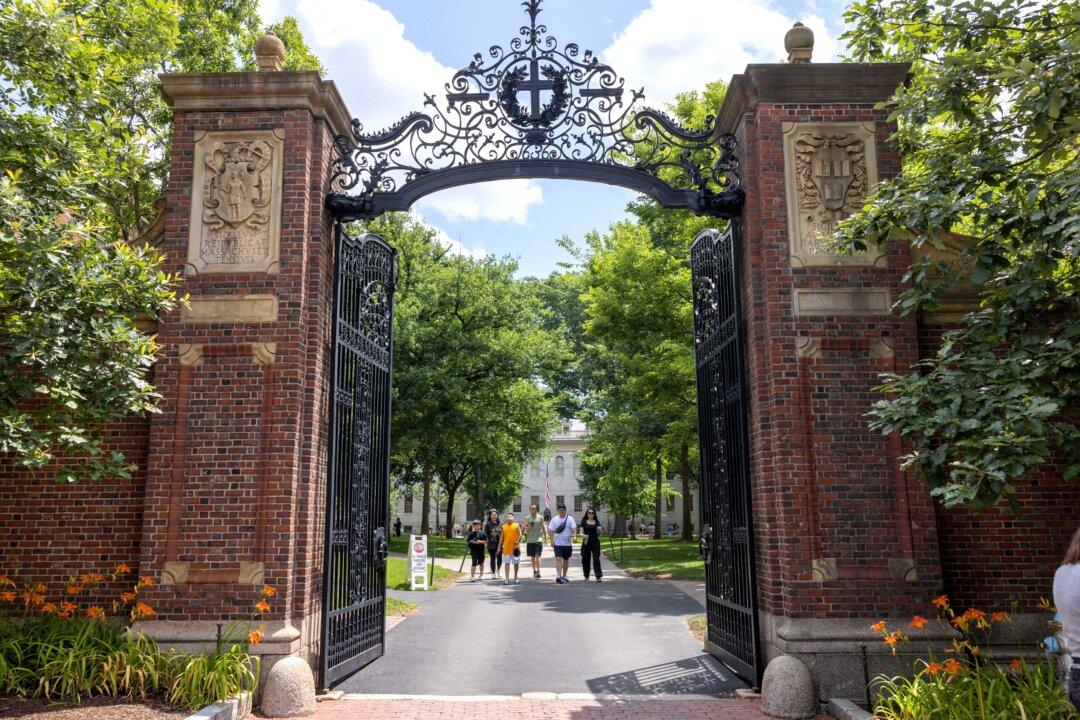The federal government announced on April 14 that it is freezing $2.2 billion in grants and $60 million in contracts to Harvard after the university said it would not comply with the Trump administration’s demands to dismantle diversity programs and limit student protests.
Harvard President Alan Garber wrote in a campus-wide message earlier on April 14 that “the University will not surrender its independence or relinquish its constitutional rights.”





